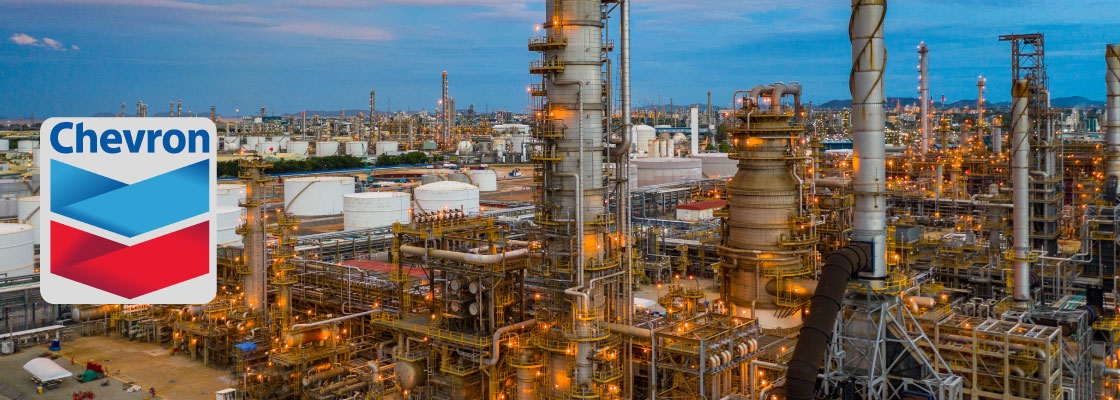
Chevron’s gross profit growth surged by an impressive 75.09%, indicating strong operational performance and cost management.
Net income growth stood out with a staggering increase of 143.51%, showcasing Chevron’s robust financial health and profit-generating ability.
Despite these positive indicators, Chevron faced challenges with a sharp decline in free cash flow growth, dropping by 63.63%, and a decrease in revenue growth by about 0.94%.
Chevron Corporation (NYSE:CVX) and Exxon, two giants in the oil and gas industry, are under the spotlight as they approach their earnings announcements. This heightened attention comes in the wake of Shell’s recent earnings, which, despite surpassing expectations, led to a decline in its share value. This situation highlights the challenging environment and the high expectations set by the market for Chevron and Exxon. Both companies are navigating through a period where their financial performance is critically scrutinized, reflecting broader market pressures and investor expectations.
For Chevron, the recent financial metrics provide a mixed picture. Despite a slight dip in revenue growth by about 0.94%, the company has demonstrated remarkable resilience and efficiency in other areas. Notably, Chevron’s gross profit growth surged by an impressive 75.09%. This significant increase indicates a strong operational performance, showcasing the company’s ability to manage costs effectively and maintain profitability even in a challenging market environment.
Moreover, Chevron’s net income growth stood out with a staggering increase of 143.51%, accompanied by a solid 66.15% rise in operating income growth. These figures underscore Chevron’s robust financial health and its ability to generate substantial profits. However, it’s not all positive news, as the company faced a sharp decline in free cash flow growth, dropping by 63.63%, and a 45.09% decrease in operating cash flow. These declines highlight potential challenges in liquidity and cash management that Chevron needs to address.
On the balance sheet side, Chevron’s asset growth remained nearly unchanged, with a marginal increase of 0.007%. This stability in assets, combined with a modest 0.83% rise in book value per share growth, suggests a steady state of the company’s overall value. Interestingly, Chevron managed to reduce its debt by 16.24%, a positive sign that indicates the company’s commitment to maintaining a healthy balance sheet and reducing financial leverage.
In summary, Chevron’s recent financial performance presents a complex picture. While the company has shown exceptional profit growth and operational efficiency, challenges in cash flow management and a slight decrease in revenue growth cannot be overlooked. As Chevron and Exxon gear up for their earnings announcements, investors and market watchers will be keenly observing how these factors play out in their financial results, especially in comparison to Shell’s recent performance.

